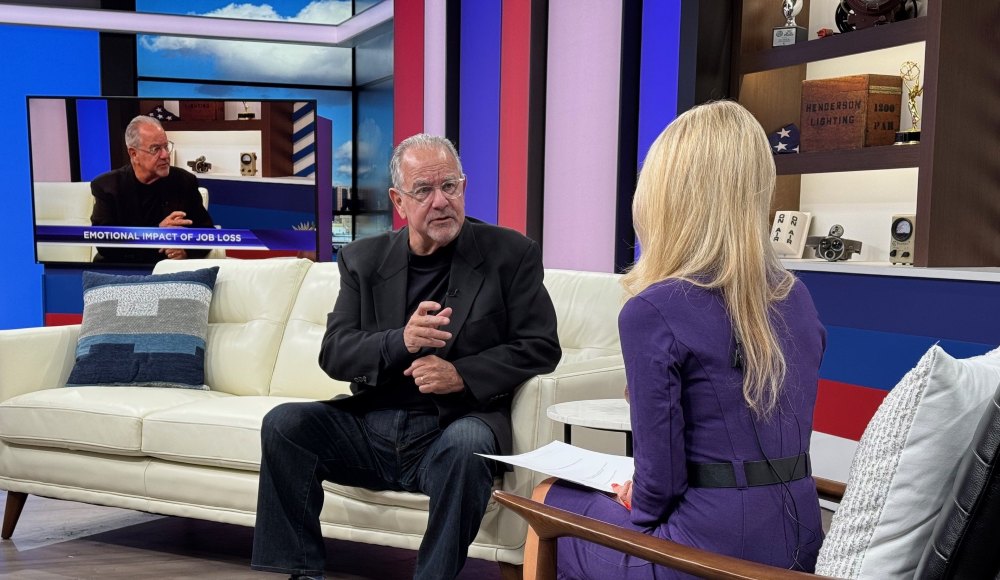You can watch the entire segment on the FOX 5 News Website here.
Interventionist and CEO of Confidential Recovery Scott H. Silverman is a frequent guest on FOX 5 News and they asked him to appear again to talk about the major developments that Confidential Recovery is now accepting TRICARE insurance which allows them to directly service active military who need help with addiction.
Discussing Barriers that Prevent San Diego Military from Asking for Help
Scott discussed how denial is often part of drug & alcohol addiction, and also how the military trains its members with the ethos that they are supposed to be helping and saving others, not asking for help themselves. This “warrior ethos” is a form of stigma, and our service members need to know that asking for help is the right thing to do, as addiction is a legitimate medical condition that is treatable.
Also, when San Diego-based military members contact Confidential Recovery directly, thanks to HIPAA laws, they do not have to reveal to their military superiors* about the treatment they are receiving.
What does Outpatient Treatment Really Entail?
Scott discussed that outpatient drug & alcohol rehabilitation is a manageable commitment that fits in with most people’s schedule. It’s 3 days per week, and 3 hours per session, for a total of 9 hours per week. It’s a “social model” which features group therapy, but includes individual counseling as well. Confidential Recovery offers day & night meetings, including weekends, and some sessions can be attended remotely (via Telehealth). Learn more details on their outpatient program page.
Getting Drug & Alcohol Treatment Help for Active Duty Military
To get started, call Confidential Recovery at 619-452-1200 to submit your TRICARE policy and learn your options for addiction treatment. You can expedite the process by submitting your TRICARE details to them immediately here.
*Confidential Recovery would not share information with the service member’s military command per HIPAA and Title 42 CFR, but TRICARE would have a record of the services billed (if not the medical record). Confidential Recovery may have to share medical records with TRICARE if asked for billing purposes as well. This might be something that would be accessible in a special duty screening, medical board, or security clearance check (though medical records are not normally reviewed for security clearances).





